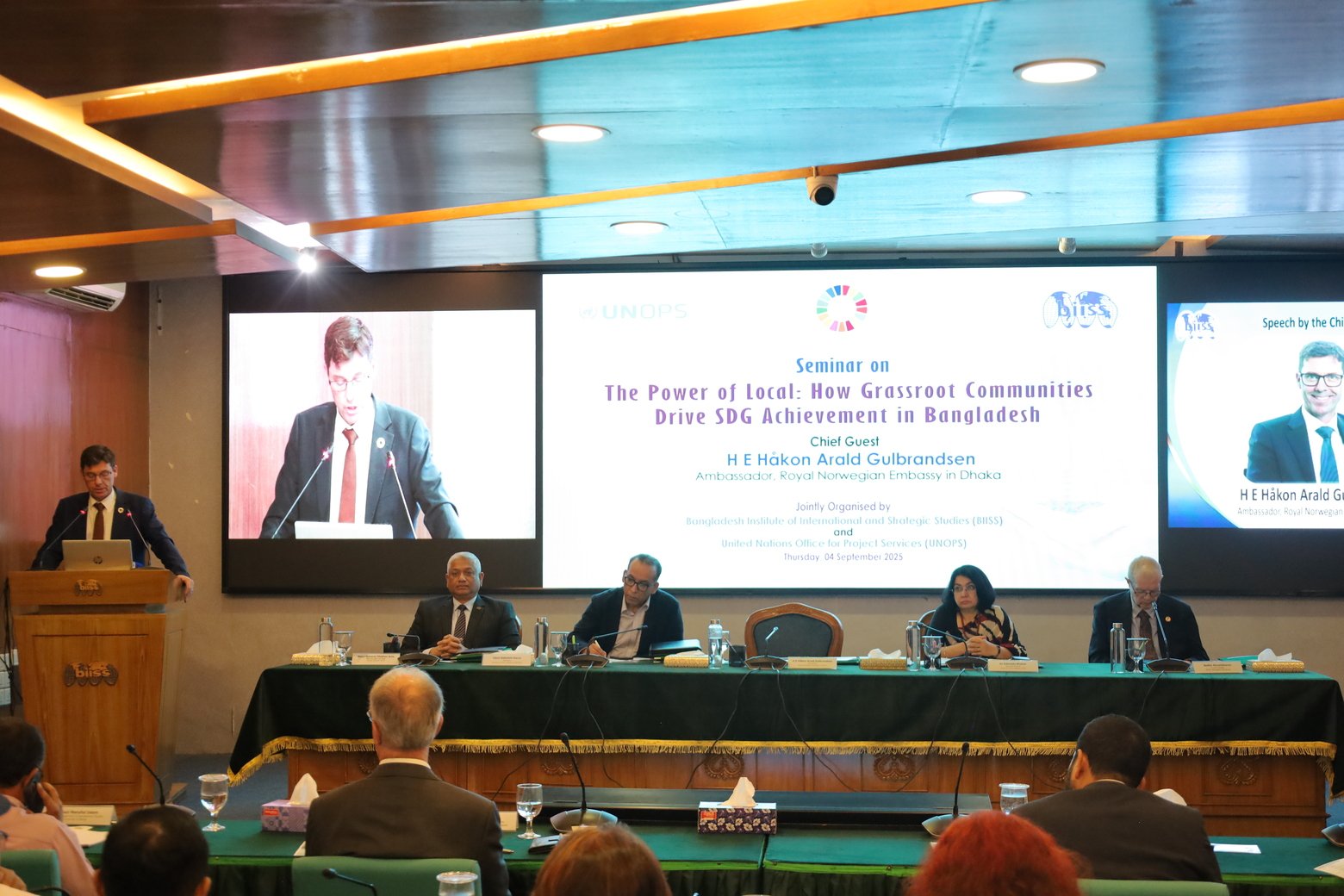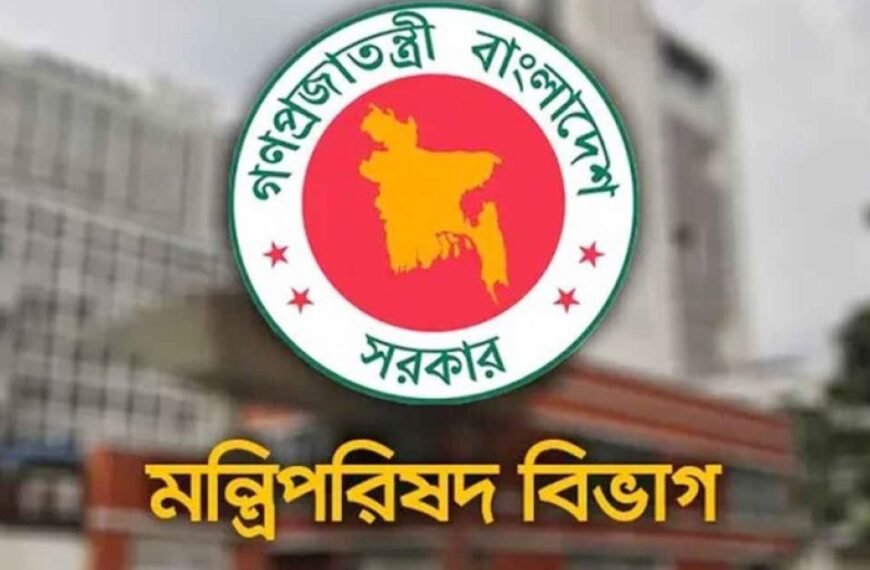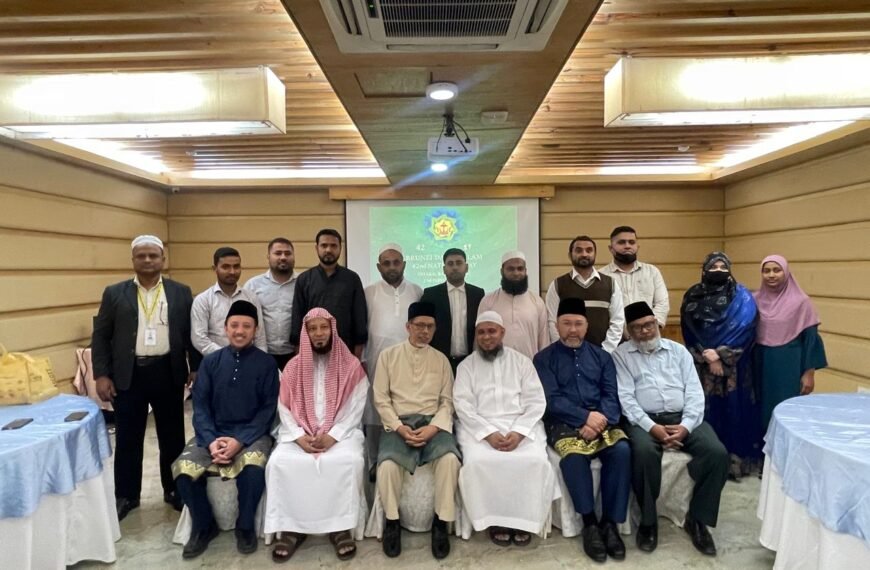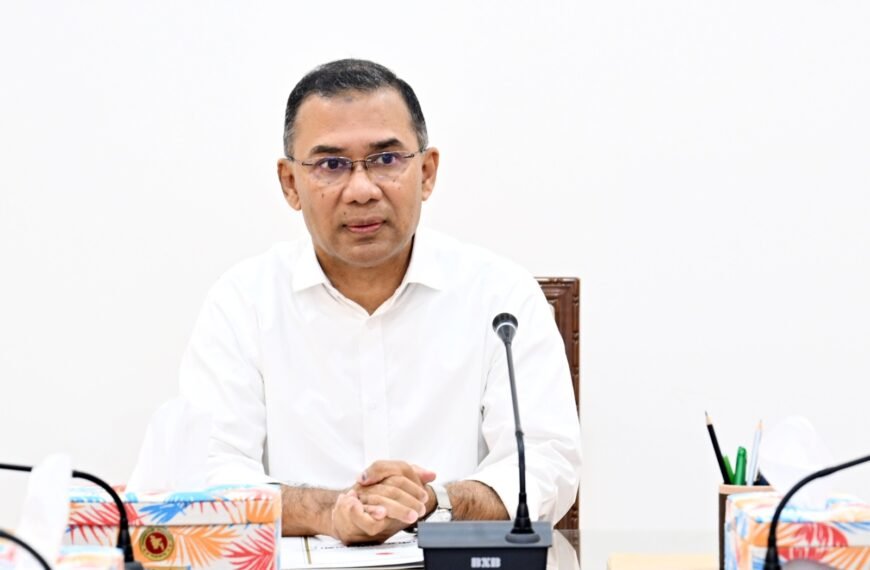The Bangladesh Institute of International and Strategic Studies (BIISS), in partnership with the United Nations Office for Project Services (UNOPS), hosted a high-level roundtable in Dhaka today Thursday (4 September 2025) titled “The Power of Local: How Grassroots Communities Drive SDG Achievement in Bangladesh.”

The event underscored the pivotal role of local participation and leadership in achieving the Sustainable Development Goals (SDGs) by 2030. Senior government officials, diplomats, academics, youth representatives, and grassroots leaders gathered at the BIISS Auditorium to discuss how Bangladesh can harness local innovation and governance to tackle persistent development challenges.

Opening the dialogue, Major General Iftekhar Anis, Director General of BIISS, said: “Real progress lies in the hands of our local communities. Their lived experiences and solutions are invaluable in shaping policies that truly leave no one behind.”
Mr. Sudhir Muralidharan, Country Manager of UNOPS Bangladesh and Bhutan, added: “Together with BIISS, we are amplifying local voices and efforts. Sustainable, equitable change is only possible when it is rooted in inclusive planning and driven by community-led action.”
As Chief Guest, H.E. Håkon Arald Gulbrandsen, Ambassador of the Royal Norwegian Embassy in Dhaka, commended Bangladesh’s development progress while emphasizing the need for stronger local institutions: “Investing in local governance is not an option, it is essential for ensuring lasting and equitable growth.”

Delivering the keynote address, Dr. Maruful Islam, Professor of Development Studies at the University of Dhaka, noted gaps in local data and governance: “We have the vision, but to realize it we must empower local actors, safeguard their autonomy, and strengthen data and institutions to turn plans into tangible outcomes.”
Representing the Government of Bangladesh, Mr. Iqbal Abdullah Harun, Secretary of the Ministry of Planning, reaffirmed official commitment: “Our priority is empowering local government bodies to lead SDG implementation. Their success is our nation’s success.”
Dr. Michal Krejza, Head of Development Cooperation at the European Union Delegation to Bangladesh, stated: “The SDGs cannot succeed through a top-down approach. Involving local communities is paramount. The EU has consistently supported Bangladesh in localizing the SDGs, with women at the center.”

Bringing a grassroots perspective, Khushi Kabir, Coordinator of Nijera Kori, stressed: “When communities design and drive their own development, outcomes are more sustainable and just. This roundtable is a step towards recognizing that power.”
The discussion concluded with a collective call to strengthen local data systems, improve financing mechanisms, and advance deeper collaboration among government, development partners, and civil society to accelerate progress toward the SDGs.




